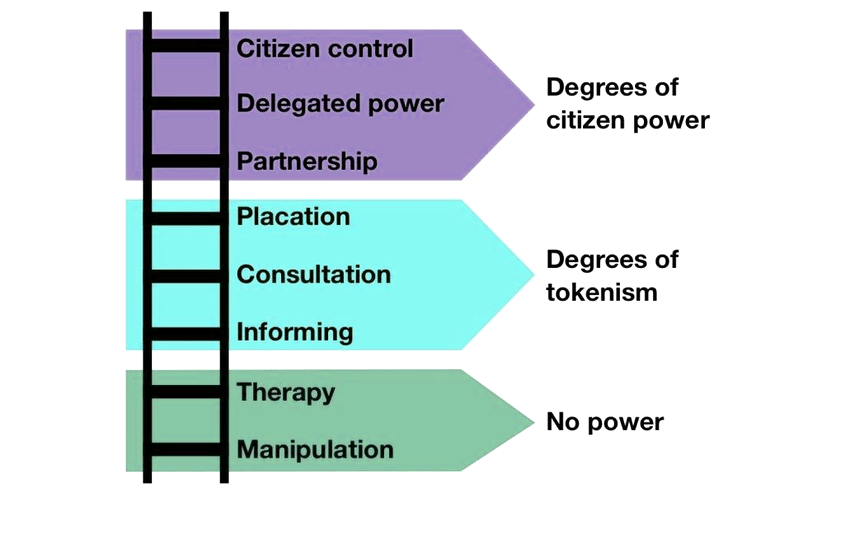Working with service users in research is essential, though it takes time to make it meaningful
Dr Kayonda Ngamaba, a researcher at the International Centre for Mental Health Social Research, shares some thoughts about co-production from our Connecting People Implementation study.
Co-production
In recent years, researchers have witnessed a shift toward the voices, views and experiences of service users, carers and ‘the public’ being increasingly important in the development of health and social care services, treatment plans and research, he writes.
Connecting People was co-produced with service users and practitioners, so it was only appropriate for a study of its implementation to be similarly co-produced.
Implementation study
The Connecting People Implementation study was co-developed to explore the barriers and facilitators to implementing Connecting People in community mental health teams in England.
We worked with the McPin Foundation to bring together a team of researchers, service users and practitioners to co-produce implementation materials. These aimed to support service users and practitioners understand what Connecting People was and how the model worked.
We co-produced a pack of materials which consisted of:
- a fold-out leaflet which provided a brief guide to Connecting People;
- a practice guidance brochure which covered the eight steps of the model in depth;
- an implementation manual to support the organisations using it;
- and a training manual which set out ways of delivering training in Connecting People and included example exercises for teams to work through during training sessions.
Once the implementation pack was produced, the working group transitioned into an advisory group. The advisory group advised on several topics including site recruitment; what qualitative interview questions should be asked of service user participants at six-month follow-up; data analysis ; and ideas for dissemination of study findings.
The advisory group took part in several sessions to disseminate the findings of the study including a webinar and symposium at the 9th International Conference on Social Work in Health and Mental Health.
Evaluation
We underestimated the time that co-production processes take. It took much longer than anticipated to co-produce the implementation pack, which impacted on the set-up of the research phase of the project and recruitment of the sites.
I felt like we made group decisions. I felt like I had [an] equal partner role.
Member of the co-production group
However, it was worthwhile to take time to develop the materials together. The in-depth iterative process has produced a pack of materials which will outlast the study. They can be downloaded for free at connectingpeople.net.

Our experiences are discussed in full in chapter 29 of the Routledge Handbook of Social Work Practice Research, which we wrote with Nicola Moran, Harminder Dosanjh Kaur, David Morris, Victoria Nunn, E. Thomas and Keith J. Thompson.



This is great to see.
Thank you.
But can we change the word service user to people or citizens. Seeing the phrase so many times is an oxy moron when used alongisde the term coproduction.
Sally Percival writes about it here:
https://www.thinklocalactpersonal.org.uk/Blog/See-me-I-am-a-person/
Great to see that your research has been coproduced from the start too. Thats a rare thing still. 😊
Hi Cat,
Many thanks for your comment. I absolutely agree. We should view people as people and look beyond the shorthand terms we use. We are all people working together trying to make the world a bit of a better place to live in. I look forward to the time when labels become unimportant and our shared humanity is the thing which drives us forward.
I will certainly look again at what I write to try to reflect this as much as possible.
Thanks again,
Martin
I found this very interesting and informative.. As a person with lived experience I spend a lot of time talking about the importance of the language of coproduction, could I ask you to read this https://www.thinklocalactpersonal.org.uk/Blog/See-me-I-am-a-person/
Which helps to explain why the term “service user” should never be used. Many thanks
Hi Sally,
Many thanks. I agree – we are all people and should be careful in the terms we use to describe each other. I will be more careful in my writing in the future.
Martin
Terminology can be a divisive issue … and there are many different views.
My opinion (for what it’s worth) is that I prefer the term people with lived experience (PWLI) when talking generally. I don’t mind service user in the literal context, i.e. users of a specific service at a specific time.
I come to this as a peer researcher – someone with lived experience who carries out research in the field of mental health, sometimes with other peer researchers and often in collaboration with academic colleagues.
Co-production, when properly resourced and supported, is a very powerful process. I’m not surprised at the finding of additional time being necessary – it is very common at the planning stage to underestimate the time required to do co-production properly.